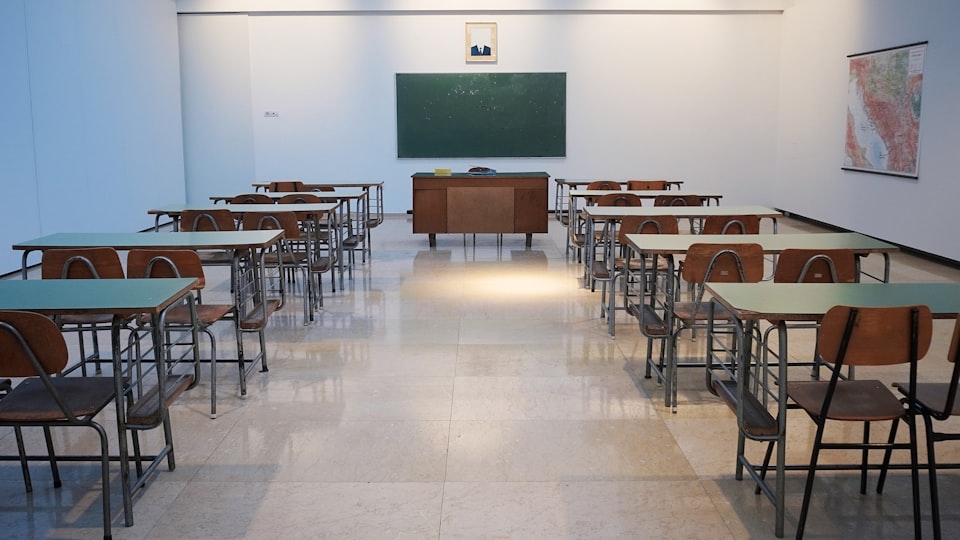Thoughts on Education (Part 1): What happened to mastery?

Just this weekend, I was caught up in a riveting debate with an old friend about education. Not the awe-inspiring, philosophical kind. The plain old, wear my backpack to school and sit in a classroom for hours on end kind. Talking through all that is totally ‘off’ and utterly misguided about the way modern classroom-based education works had me thinking all week long about how, if ever given the chance, I’d rebuild education from the ground up. This short series, ‘Thoughts on Education’ is a canvas for me to share just that. I don’t know how many parts this may be (I guess it’ll depend on some combination of how inspired I feel and how many glasses of wine I have in upcoming evenings), so I appreciate you bearing with me.
An Outdated Approach
There are two things that frustrate me most about the 'modern' classroom experience:
1) We're still following the Prussian education system from 300+ years ago, embracing mass education with a single teacher/professor lecturing one-to-many style to a roomful of 'identical' students.
2) We tolerate incomplete understanding of material and completely neglect the value of mastery
Let's dig in.
One point #1, it seems ludicrous that in an age of ubiquitous computing and free access to all the world's information, we still require students to ingest information in the same way (including, most notably, at the same pace).
Why?
In almost the entire developed world and most of the developing world, the sheer number of hours spent on YouTube watching 'how-to' and 'explainer' videos by kids and adults, alike, is evidence of the fact that we seem to prefer self-learning. We deserve to learn when, where, and at the pace that works best for us. The cavalier attitude of most public schools towards the internet and multimedia as a form of learning is shameful. Like in the world outside the classroom, shouldn't students have the right to be resourceful and seek the information they want to learn how they want to learn it?
With just the slightest adjustment in approach, teachers can stop demonizing YouTube, MOOCs, podcasts, and social media as pure 'entertainment' and instead curate elements of each as part of a rich, multifaceted curriculum sure to be far more engaging than a endless speech from a so-called expert at the lectern. Technology is a catalyst, not hinderance, to engaged learning. More on this in a later post.
On point #2, it's important to understand incentives. Mastery is defined as "comprehensive knowledge or skill in a subject or accomplishment." Yet somehow, the word comprehensive is conveniently ignored in how we evaluate quality of learnings.
Educators around our country are measured by over-simplified, poorly crafted metrics like passing rates on standardized tests or graduation rates from school. We've created and accepted a culture of 'good enough' so carelessly, it's now considered a success to get through school with a 70% understanding of what you learned. Are you ok with your doctor, engineer, mechanic, or lawyer having 70% of the expertise they need to get the job done? I'm not. But somehow, collectively we've built our education system to promote just that.
We need to reprioritize mastery in how we educate and how we learn. At the risk of sounding overbearing, I'd go so far as to say we ought not to move from one lesson to the next until students demonstrate mastery of what they just learned. Much like a physical structure, the structural fidelity of one's education depends entirely on having a solid foundation.
Parting Thoughts
I realize this post sounds mostly like a laundry list of personal complaints around the education system. I'd be kidding myself if I said it wasn't. But bear with me. The first step in exploring solutions is to becomes all-too-intimately familiar with what the problems are.
In subsequent posts, let's dive into potential solutions (or even just near-term experiments) that just might help us start trending in a new, more promising direction.
